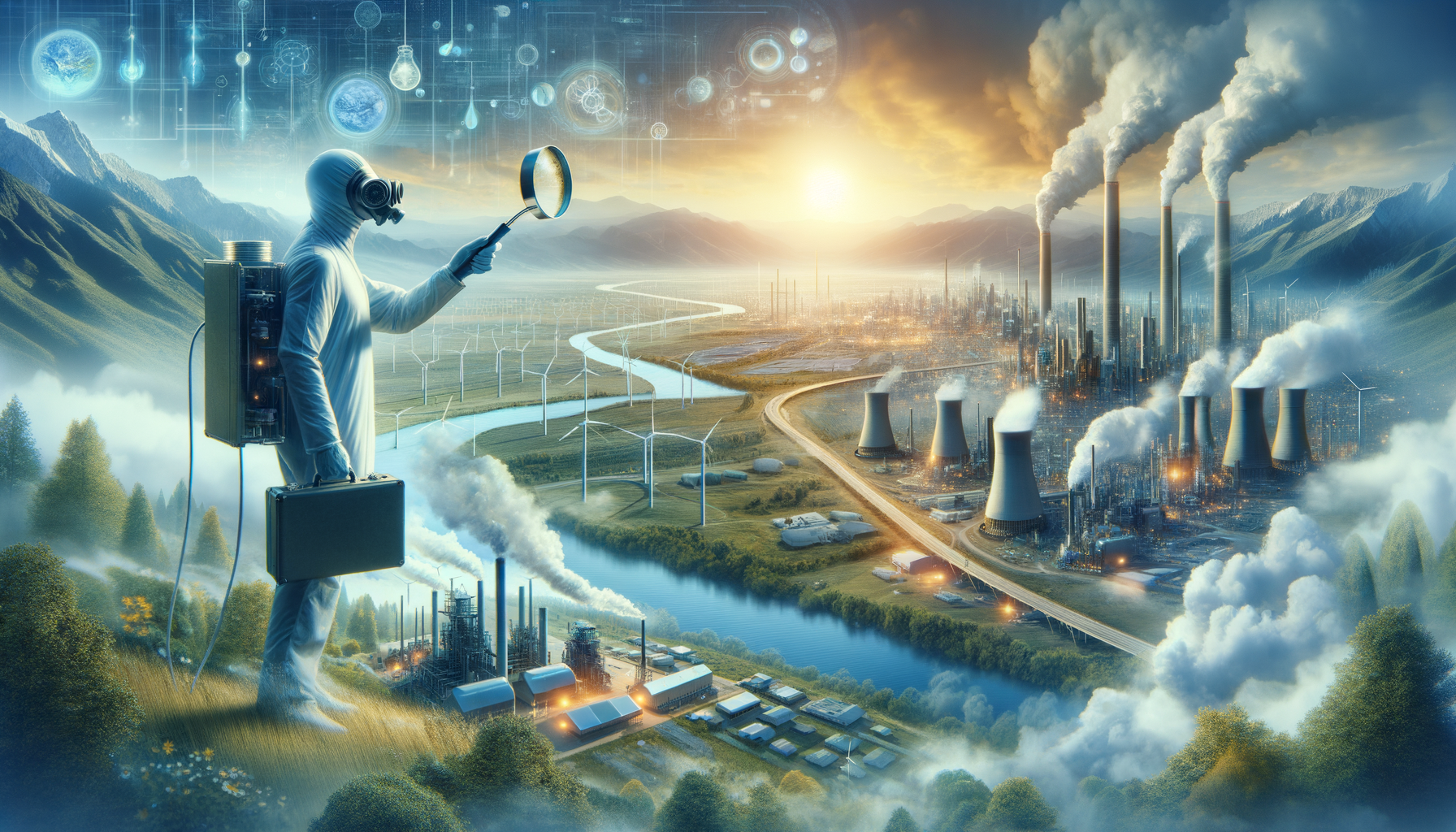
Charting the Course: Deep Decarbonization Pathways and Greenhouse Gas Reductions
Understanding Deep Decarbonization Pathways
Deep Decarbonization Pathways (DDP) are comprehensive strategies designed to achieve significant reductions in greenhouse gas emissions. These pathways are tailored to the specific economic, social, and environmental contexts of different countries. By focusing on transforming energy systems, DDPs aim to limit global warming to well below 2 degrees Celsius, in line with the Paris Agreement. The pathways are not mere theoretical constructs; they are actionable plans that involve a combination of technology deployment, policy frameworks, and societal changes. Key components of DDPs include transitioning to renewable energy sources, enhancing energy efficiency, and adopting carbon capture and storage technologies. These strategies are crucial for achieving carbon neutrality by mid-century, a target that many nations are striving towards.
The Role of Renewable Energy in Deep Decarbonization
Renewable energy plays a pivotal role in deep decarbonization efforts. As countries seek to reduce their reliance on fossil fuels, the adoption of renewable energy sources such as solar, wind, and hydroelectric power is essential. These energy sources not only help decrease carbon emissions but also contribute to energy security and economic resilience. The integration of renewable energy into national grids requires significant investment in infrastructure and innovation. Countries are increasingly turning to smart grid technologies and energy storage solutions to manage the intermittent nature of renewables. By harnessing the power of renewables, nations can reduce their carbon footprint while fostering sustainable development.
Policy Frameworks Supporting Greenhouse Gas Reductions
Effective policy frameworks are critical to the success of deep decarbonization pathways. Governments play a crucial role in setting ambitious targets for emissions reductions and implementing policies that incentivize clean energy adoption. Carbon pricing mechanisms, such as carbon taxes and cap-and-trade systems, are powerful tools that encourage businesses to lower their emissions. Additionally, regulatory measures, subsidies, and public investments in research and development are necessary to drive innovation and lower the costs of clean technologies. International cooperation and agreements, like the Paris Agreement, further support national efforts by providing a platform for sharing best practices and resources.
Economic Implications of Deep Decarbonization
While deep decarbonization is essential for mitigating climate change, it also presents significant economic opportunities and challenges. Transitioning to a low-carbon economy requires substantial investment in new technologies and infrastructure. However, these investments can lead to job creation in emerging industries such as renewable energy, energy efficiency, and electric vehicles. On the other hand, industries reliant on fossil fuels may face economic disruptions, necessitating policies that support workers in transitioning sectors. By fostering a green economy, countries can achieve sustainable growth, reduce their environmental impact, and enhance their global competitiveness.
The Path Forward: Challenges and Opportunities
Implementing deep decarbonization pathways is not without its challenges. Political, economic, and social barriers can hinder progress. Resistance from vested interests, the high initial costs of clean technologies, and the need for significant behavioral changes among consumers are just a few of the obstacles that must be overcome. However, the opportunities presented by deep decarbonization are immense. By embracing innovation, fostering international collaboration, and engaging stakeholders across all sectors, nations can pave the way for a sustainable and prosperous future. The journey towards deep decarbonization is complex, but with concerted effort and commitment, it is achievable.


